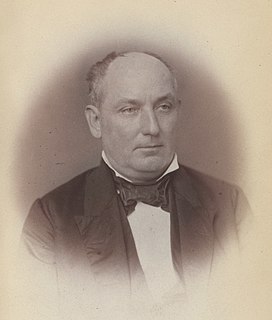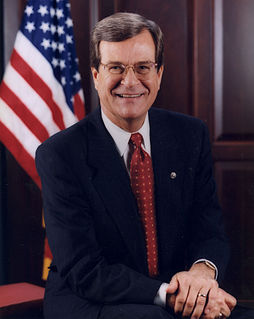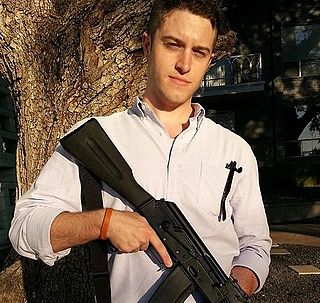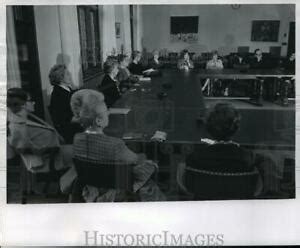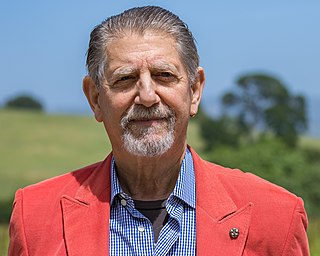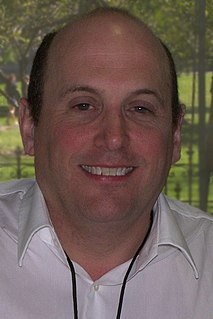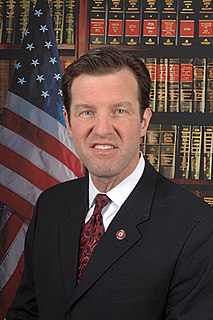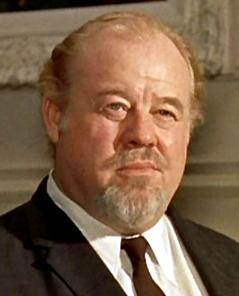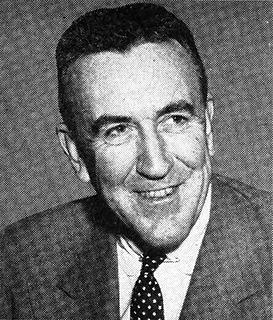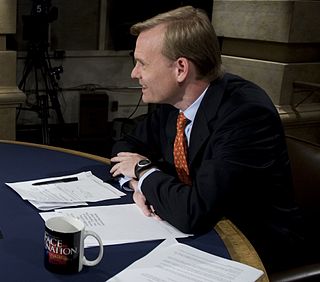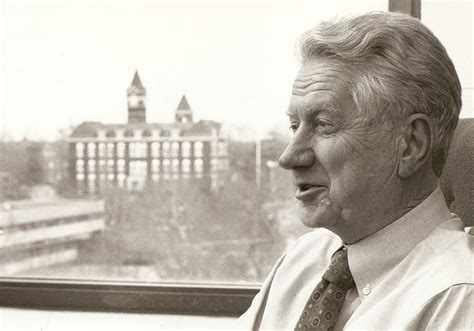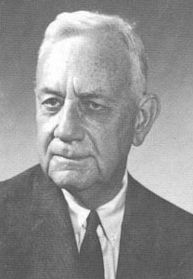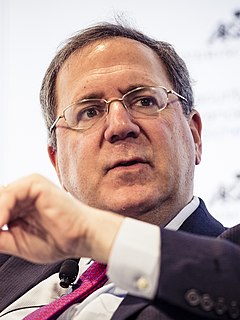Top 328 Jefferson Quotes & Sayings - Page 4
Explore popular Jefferson quotes.
Last updated on December 20, 2024.
The presidency made John Adams an old man long before there was television. As early as the nation's first contested presidential election, with Adams and Jefferson running to succeed Washington, you had a brutal, ugly, vicious campaign that was divisive and as partisan as anything we're experiencing today.
Whether you have an abortion, what you put in your own body, with whom you have sex - these are not affairs of the state. A government does not exist to control the citizens. When it does, it is a tyranny, and must be fought. The tree of liberty, Jefferson warned us, must be refreshed with the blood of tyrants and patriots.
I mean, obviously, one of the strongest arguments against evolution and selection of the fittest and progress, which is part of evolution, is the current field of the presidential candidates. We started off with Washington and Adams and Jefferson and then we had Lincoln, and now we moved ahead and look where we are now.
To exclude from positions of trust and command all those below the age of 44 would have kept Jefferson from writing the Declaration of Independence, Washington from commanding the Continental Army, Madison from fathering the Constitution, Hamilton from serving as secretary of the treasury, Clay from being elected speaker of the House and Christopher Columbus from discovering America.
The landscape in Montgomery and in the South is just saturated with imagery. Markers are everywhere. There's a marker for the first Confederate post office, there's a marker for a ball that Robert E. Lee hosted, there's a marker for where Jefferson Davis had a meeting. We love reminding people about all that was going on in the mid-nineteenth century.
We put on shows at Golden Gate Park with the Dead and Jefferson Airplane, and the groups were part of the community they emerged out of, not some superstars. We had multiple stages, diversions, communal entertainment. There is something slightly fascistic about sitting in a huge auditorium focusing all the energy on one group far away on stage.
...several of the first presidents, including Jefferson and Madison, generally refused to issue public prayers, despite importunings to do so. Under pressure, Madison relented in the War Of 1812, but held to his belief that chaplains shouldn't be appointed to the military or be allowed to open Congress.
Nevertheless, (Jefferson) believed that the habit of skepticism is an essential prerequisite for responsible citizenship. He argued that the cost of education is trivial compared to the cost of ignorance, of leaving government to the wolves. He taught that the country is safe only when the people rule.
...I believed passionately that Communists were a race of horned men who divided their time equally between the burning of Nancy Drew books and the devising of a plan of nuclear attack that would land the largest and most lethal bomb squarely upon the third-grade class of Thomas Jefferson School in Morristown, New Jersey.
Jefferson refused to pin his hopes on the occasional success of honest and unambitious men; on the contrary, the great danger was that philosophers would be lulled into complacence by the accidental rise of a Franklin or a Washington. Any government which made the welfare of men depend on the character of their governors was an illusion.
Thomas Jefferson went through the New Testament and removed all the miracles, leaving only the teachings. Take a source, extract what appeals to you, discard the rest. Such an act of editorship is bound to reflect something of the individual doing the editing: a plaster cast of an aesthetic-not the actual thing, but the imprint of it.
Nothing manifests more persuasively the American contradiction than that the author of the Declaration of Independence, a slave owner, wrote an antislavery clause into the document - as if to compel himself to be better than he was - which then had to be edited out so the Southern states, including Thomas Jefferson's own, would sign it.
My long-time view about Christianity is that it represents an amalgam of two seemingly immiscible parts-the religion of Jesus and the religion of Paul. Thomas Jefferson attempted to excise the Pauline parts of the New Testament. There wasn't much left when he was done, but it was an inspiring document.
I couldn't help but to think back to my classmates at Thomas Jefferson High School in San Antonio. They had the same talent, the same brains, the same dreams as the folks we sat with at Stanford and Harvard. I realized the difference wasn't one of intelligence or drive. The difference was opportunity.
But, Jefferson worried that the people - and the argument goes back to Thucydides and Aristotle - are easily misled. He also stressed, passionately and repeatedly, that it was essential for the people to understand the risks and benefits of government, to educate themselves, and to involve themselves in the political process. Without that, he said, the wolves will take over.
Harriet Washington, in 'Medical Apartheid: The Dark History of Medical Experimentation on Black Americans from Colonial Times to the Present,' documents the smallpox experiments Thomas Jefferson performed on his Monticello slaves. In fact, much of what we now think of as public health emerged from the slave system.
If the federal government has the exclusive right to judge the extent of its own powers, warned the Kentucky and Virginia resolutions' authors (James Madison and Thomas Jefferson, respectively), it will continue to grow - regardless of elections, the separation of powers, and other much-touted limits on government power.
All economic and political institutions are contrivances that should serve the interests of the people. When they fail to do so, they should be replaced by something more responsive, more just, and more democratic. Marx said this, and so did Jefferson. It is a revolutionary doctrine, and very much an American one.
Hating Wall Street is an American tradition that dates back even to the days when Thomas Jefferson cursed that money lover Alexander Hamilton. And for centuries, the complaints about it have largely stayed the same: 'It does nothing! It creates chaos! It's a parasite that sucks hardworking Americans dry!'




